Try Googling ‘sustainable dive operation’ – you get a few hits mainly of the academic kind, whereas Googling ‘eco dive resort’ delivers heaps of dive operators claiming to be ‘Eco Dive Resorts’. We at Diveplanit know that you – as a diver – really want to do the right thing for the marine environment especially as you’re often spending big bucks on a dive holiday. You’d much rather your hard earned cash went to a dive resort or liveaboard doing the right things by the environment and local community.
But how do you assess whether the dive centre you plan to spend a week with really gives a stuff about sustainability, or whether they’re just exploiting the ‘eco’ label – and what does ‘sustainable’ mean in the context of a dive operation anyway?
Diveplanit Explainer
Diveplanit presents an ‘explainer’: we look at a relatively simple definition of sustainable, then shine a light on some of the ingredients of what makes a sustainable operation from the resort buildings (or boat), through operations, to environmental considerations and whether the operator is giving anything back to the marine environment or local communities that provide their livelihoods.
What does ‘sustainable‘ mean anyway?
Here’s a useful working definition of sustainable: ‘… meets the needs of the present without compromising the ability of future generations to meet their own needs’. (Thanks to Taveuni Dive Resort for that one!)
The operations of a resort or boat can be much more sustainable if the right elements were designed in at the time of construction. For example where does the power and water come from? – harvested from sun and rain, like at Lady Elliot Island, or run on diesel and pumped from someone else’s often limited supply?
Does the design incorporate natural cooling of are you forced to use the air con? Was the resort built using local labour, local materials and local know-how? For example, the Moana Liveaboard was built in the traditional Phinisi Schooner style, keeping alive the skills of local craftsmen. And doesn’t she look all the better for it?
Where does the resort source its labour and its produce? Are these provisions supporting the economy of the local community in whose waters you are diving? What about waste management? Remote and isolated areas often don’t have the facilities to process (reuse or recycle) complex wastes like plastics. How are these dealt with?
Is the equipment well maintained and run efficiently? Compressors and outboard motors run more fuel efficiently and with less noise and smoke when they are well maintained than when not? They are less prone to outages too!
Passive or Proactive?
Much of the above is often kept behind the scenes – out of sight of guests. But when guests ask it shows that we care. More obvious is the environmental responsibility of a dive centre which can vary from almost negligent, through passive to active and even pro-active.
I’m sure we’ve all made the mistake of going with a dive centre where the guides insist on picking stuff up to show newbies, or rearranging the reef for photographers. Hopefully we only ever make that mistake once.
Next up are the ‘passives’ – the dive centres that don’t actually damage the environment, but don’t seem to care too much about it – they just act like some underwater guiding drone and you’re left to your own devices as to whether you have a good dive and actually get to see stuff – or not.
Fortunately, more and more operators are becoming very active when it comes to environmental sustainability. They recognise that if they are ‘…compromising the ability of future generations to meet their own needs’ – very soon they won’t have a business at all. They at least follow the principles of, if not subscribe to organisations like Greenfins who promote all the good practices précised in this graphic.
Beyond that are the proactive dive centres and resorts who are not content simply not to leave the planet in a lesser condition, but are proactively campaigning to leave behind a better environment for future generations. Scuba-Junkie in Mabul for example provides waste management for the community next door, and pays a reward for the discovery of a turtle nest so that it can be re-located to the safety of their hatchery.
Uepi Dive Resort in the Solomons is actively involved in assisting with education and health in their surrounding communities. Scuba For Change is a Social Enterprise run for the benefit of the community rather than for a profit.
Over to you…
Scuba divers and their scuba diving guides have a powerful influence over the treatment of the marine environment and communities that depend on that environment for their livelihoods. You can help the marine environment by following Greenfin’s practices, following the instructions of environmentally proactive dive guides and gently pulling them up if their practices are lacking. You can help the local communities in whose water you are privileged to dive by Packing for a Purpose and contributing to any programmes for giving-back to those communities. You can and should empower yourself with the information to make the right choices.

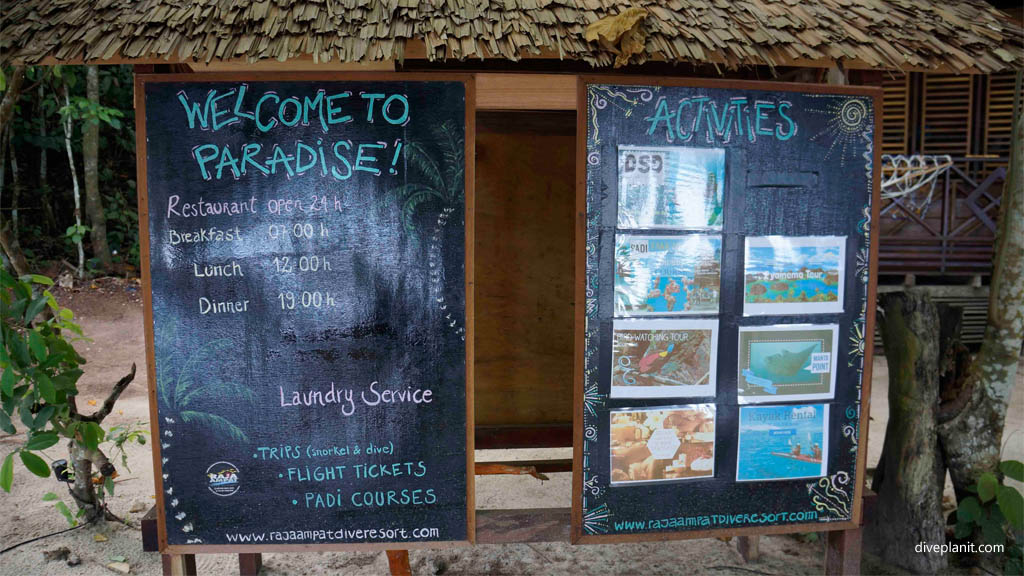
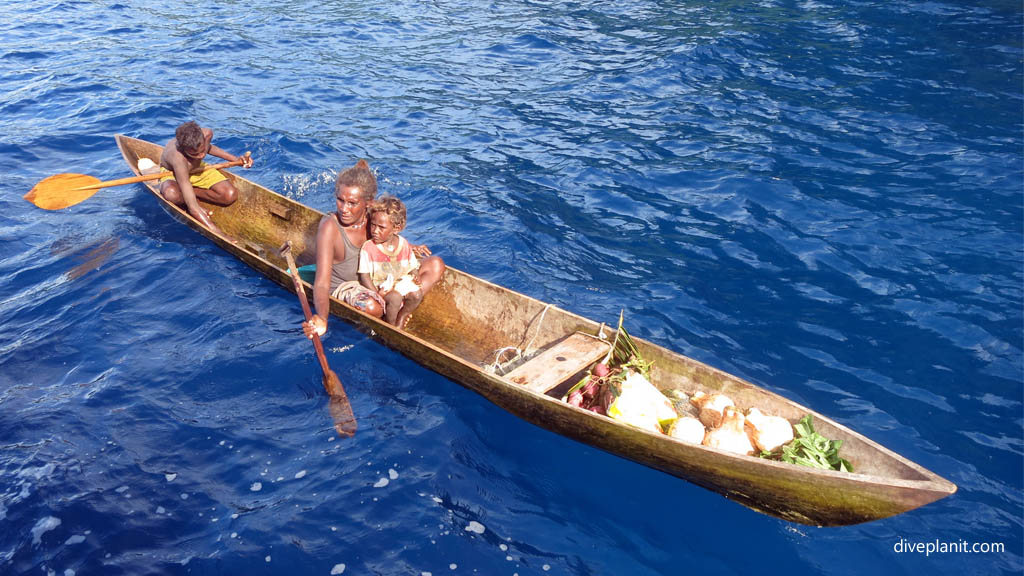
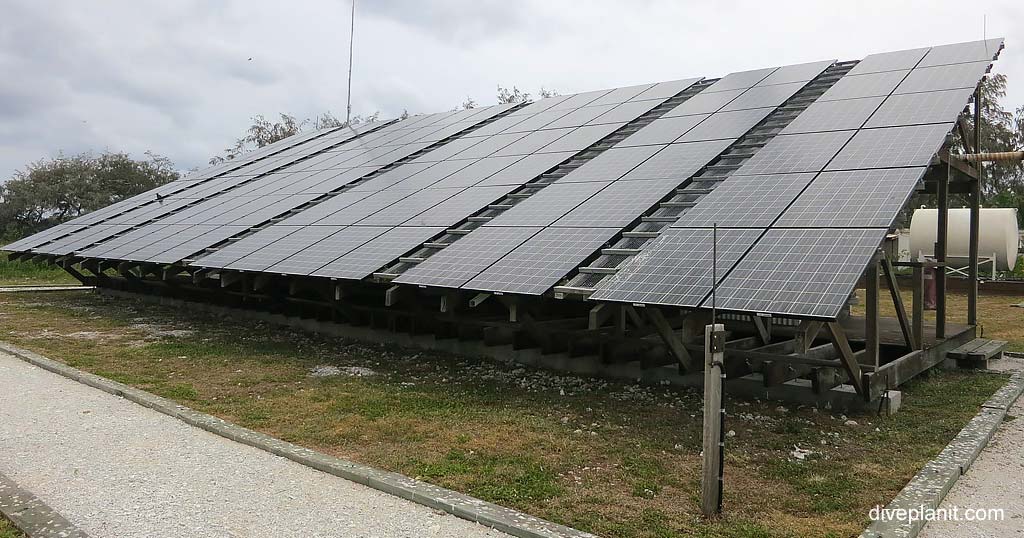
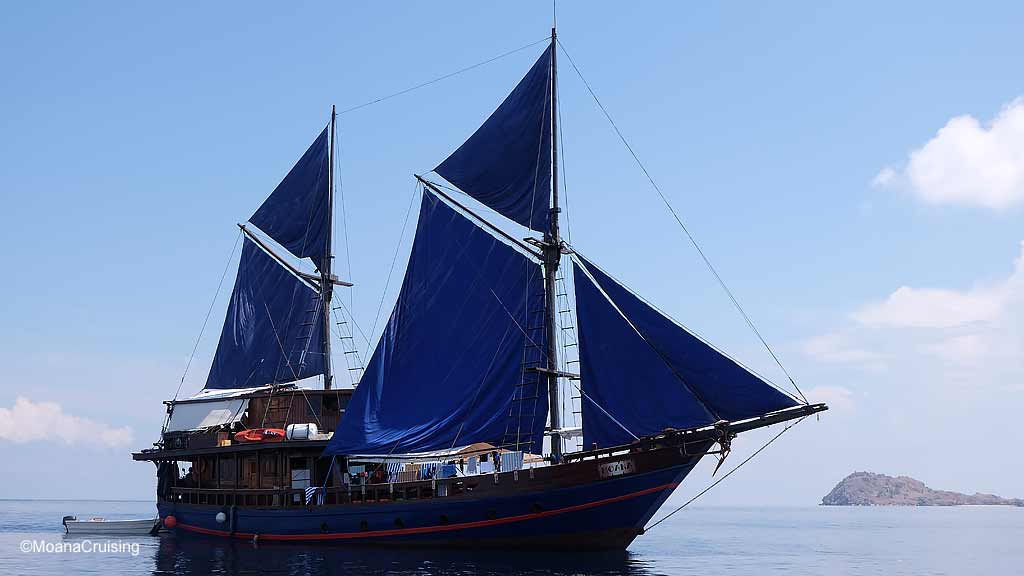
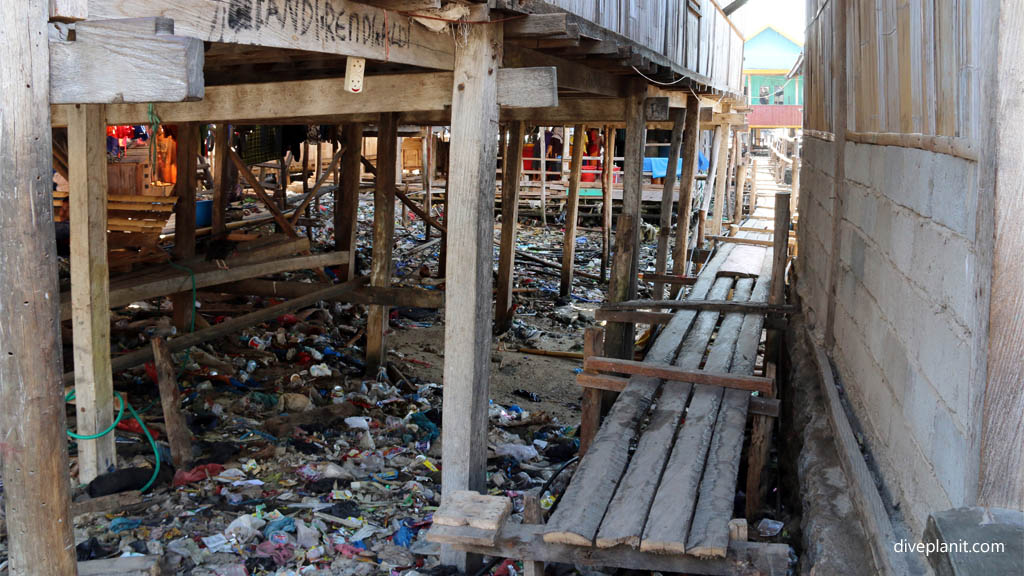

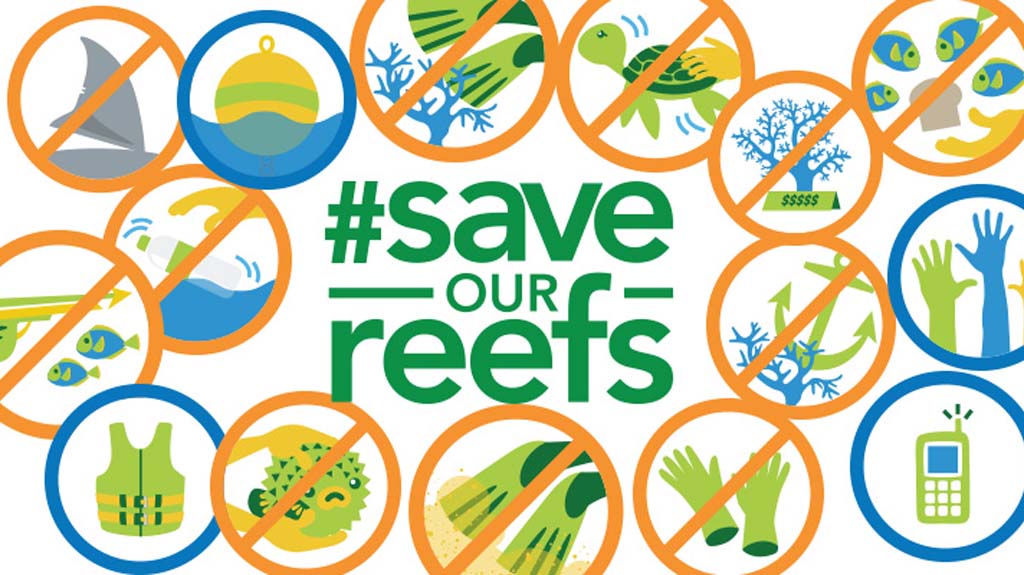
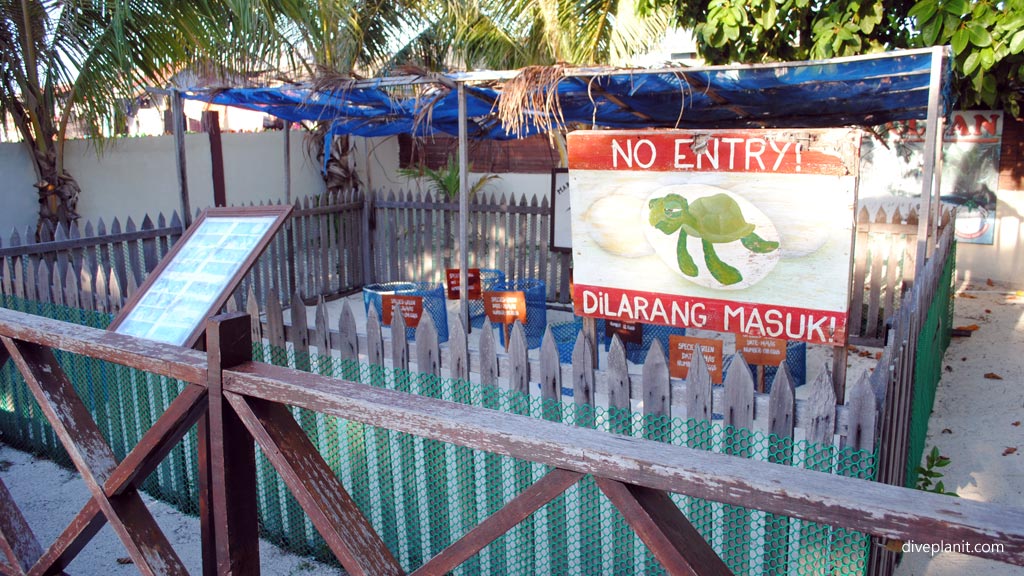
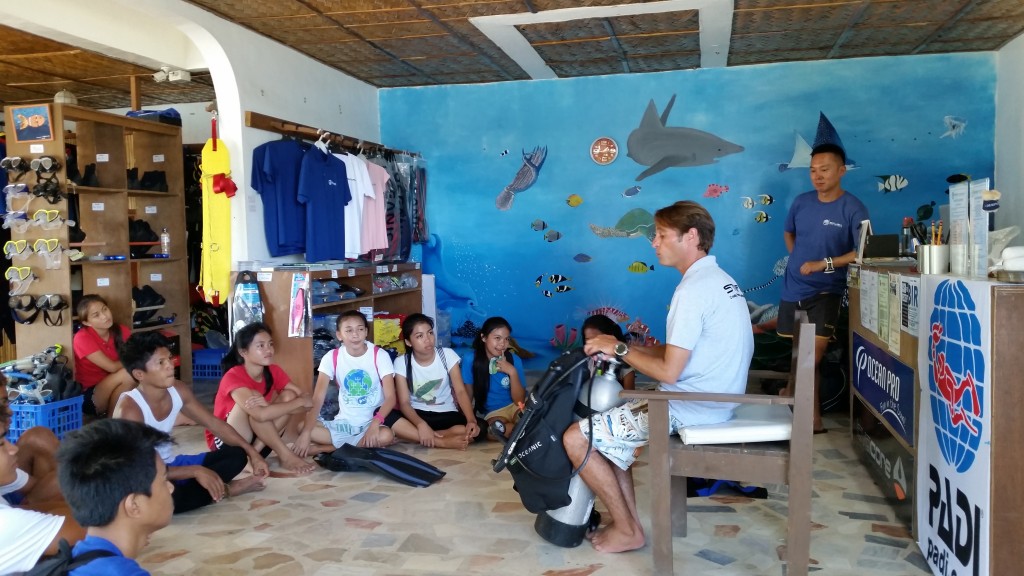
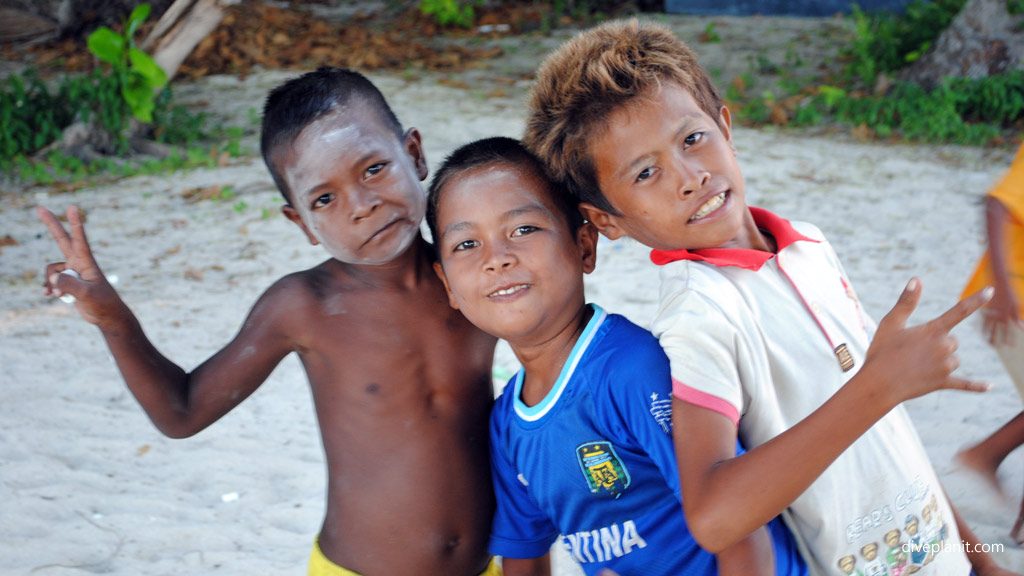

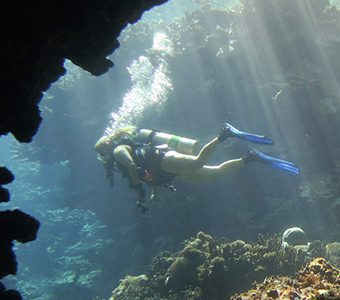

Eupi is brilliant on all counts. Floating on the Morova Lagoon. One of the great wonders of the world.